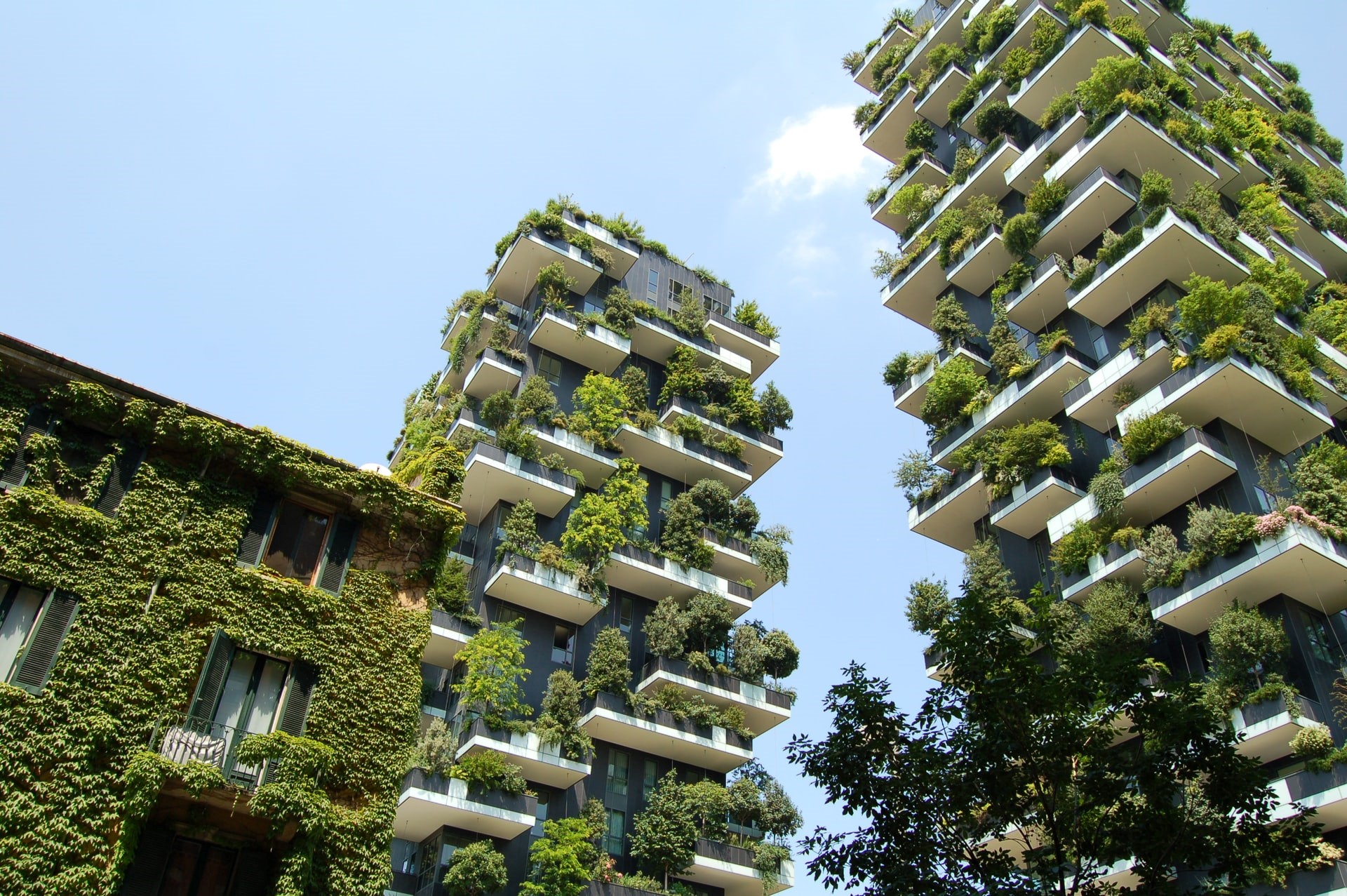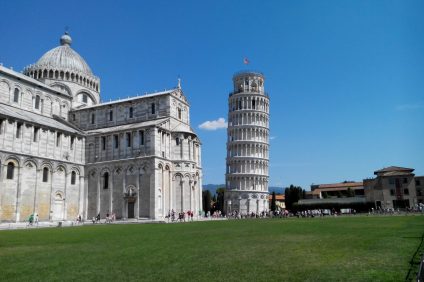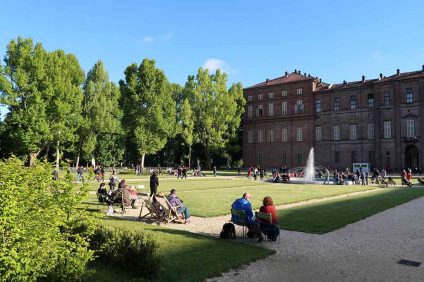It has been a long, gray winter that we spent in lockdown in our homes. The Covid-19 pandemic has confronted us with new and unthinkable problems: a house too narrow where it is difficult to combine life and smart working. But also the lack of green spaces: terraces, balconies, commons gardens. The explosion of business, of the hectic city life had dictated new rules. Always smaller, functional houses, but conceived as a mere dormitory or with a spacious living room to host friends on the weekend. We used to live essentially outside the home.
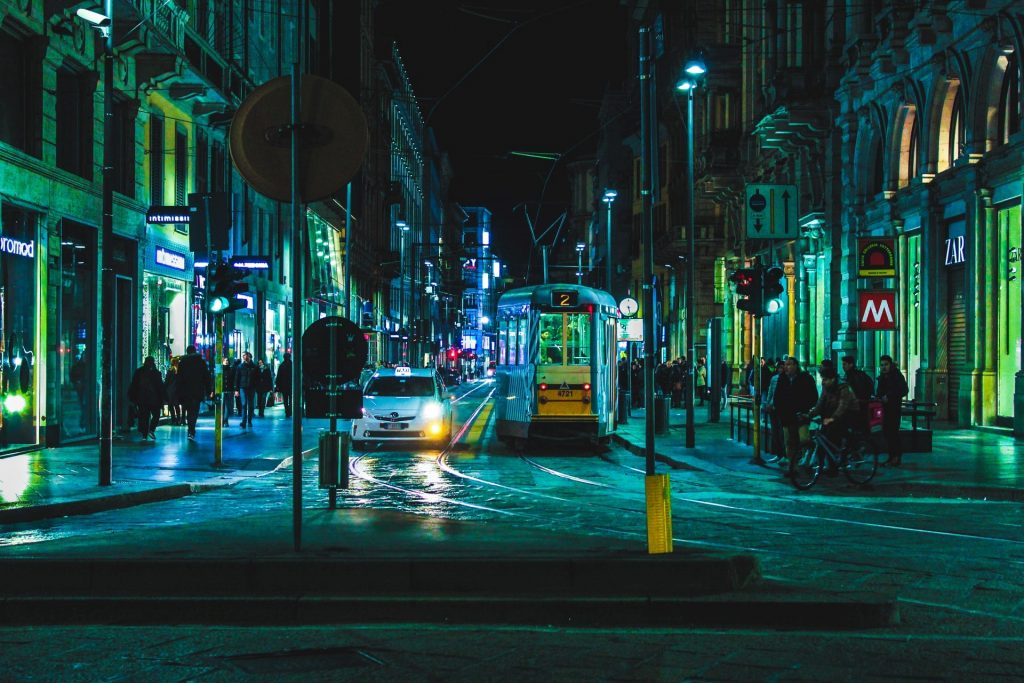
The pandemic has overturned these rules of life. This long lethargy has thrown a bitter reality in our faces: houses that are too small, at the edge of liveability, and often without even a balcony. We all hope that we will no longer have to repeat the quarantine experience but we know that the risk is now lurking. We might as well not be found unprepared anymore. And in any case, the idea of rethinking our homes to make them more livable is now necessary.
Homes, between stoves and smart working
From a working point of view, one thing is sure: those who still had doubts about smart working had to change their mind. It works, all right. We think of the great advantages that working from home allows in terms of economic repercussions for companies or the benefits of managing one's life more comfortably. The important thing is to be clear about the goals to be scored and not to miss them.
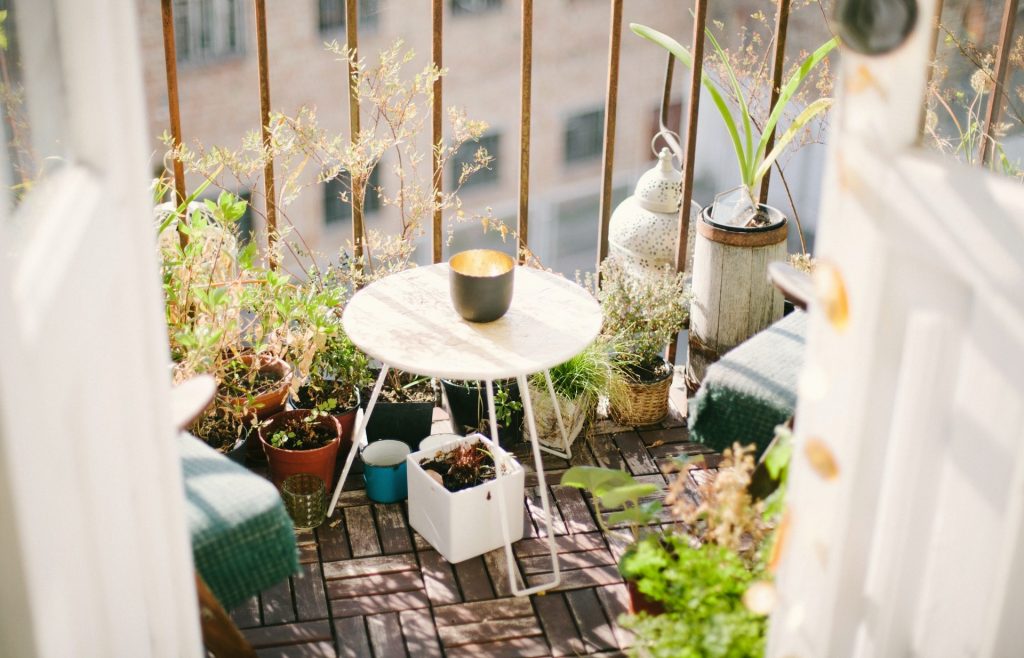
The Observatory of the Politecnico in Milan tells us that in the first quarantine period we had 8 million home workers. Of course, there's another difficulty with a psychological weight. The difficulty in balancing work and life. In this quarantine we have been forced to do home working. The meaning is different. While smart work allows you to work quickly from the place that best suits you and is comfortable for you. Even outdoors, on a park bench, why not? Home working has forced us to transform our homes into workplaces. Those who did not have their own studio had to limit an area of the house and dedicate it to an improvised office. However, we discovered that we like this smart job and it guarantees us more time for private life. Then we will also have to rethink our home in a smart way.
How to turn our homes into an office
Furnishing a room to the new working needs will be enuogh. A desk, possibly in line with the entire furniture, a good internet connection. Latest generation digital devices. Comfortable chair, good room lighting. And let's not forget to choose a nice background for video calls.
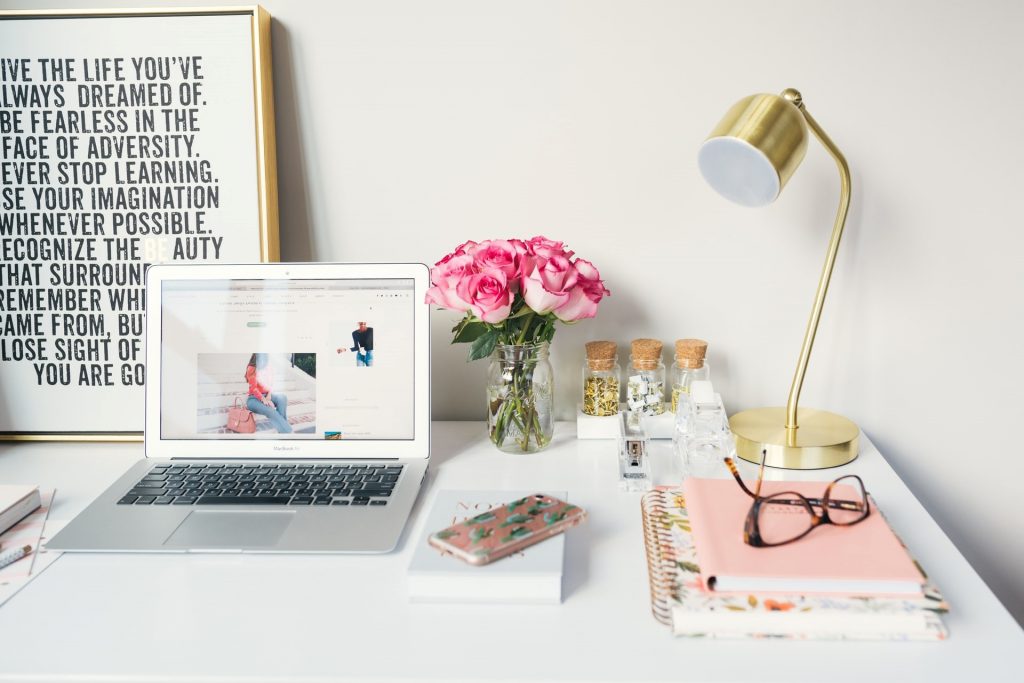
We carefully select the colors, they must instill serenity, some plants for a touch of green and a beautiful picture because art gives beauty and is a source of inspiration. We try to carve out this space away from the noise of the rest of the house. And that's it. All this, however, must not make us become lone wolves. The human component is an essential factor of office life so we always mark a visit to our colleagues on the agenda for a fruitful exchange of ideas. A greeting to the boss and an aperitif with the most fun.
Let's not forget the green
Those who, in these quarantine months, couldn't benefit from a terrace, a garden or even a small balcony (a third of Italian houses), has suffered a lot. Especially if we consider that on average the houses in Italy are 68 square meters in the city and 92 square meters in the rest of the country.
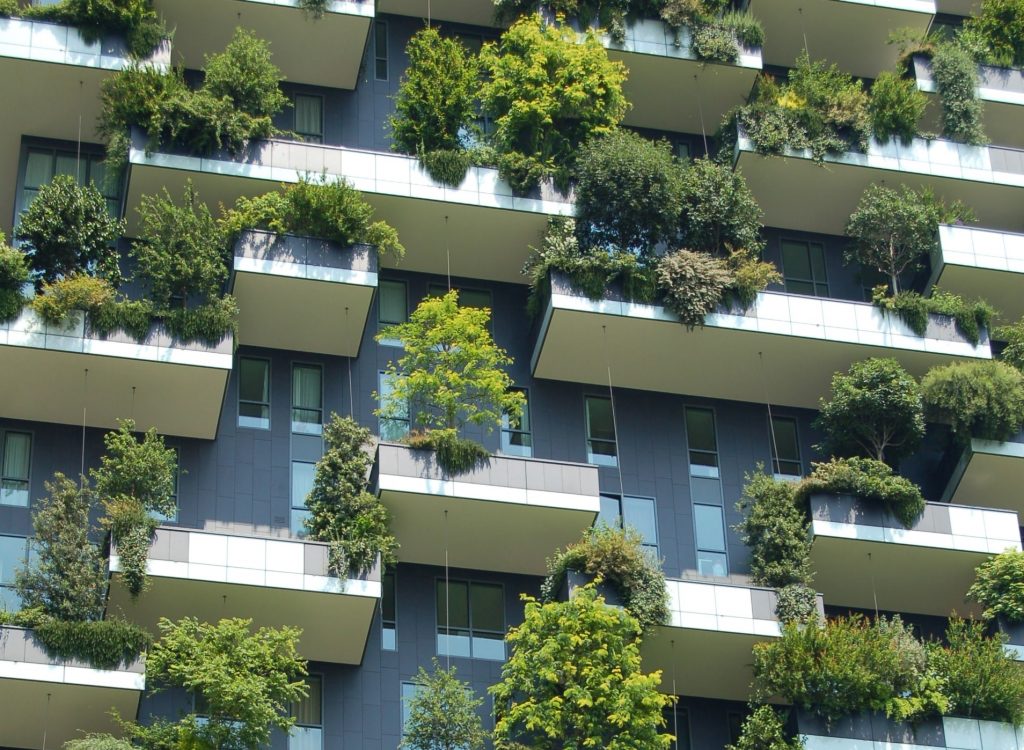
Specialists tell us that the lack of light and space has important implications for mood. Stress and anxiety have grown inversely proportional to space. Rethinking our living spaces is urgently needed. According to the real estate market, in the near future we will have a sharp increase in houses with a terrace or garden. More attention will be paid to the exposure of the home and the brightness. Residential areas with nearby services will be preferred. Condominiums with common green spaces for socializing, sharing moments to relax or simply having a chat on a bench looking at the stars. The challenge between urban planners, architects and designers has started. In the future we may have greener cities and airy houses. Experts are already talking about a turning point. The watchword will be recreating a new balance between man and the environment. We hope it to last long.
Featured image by Chris Barbalis on Unsplash

